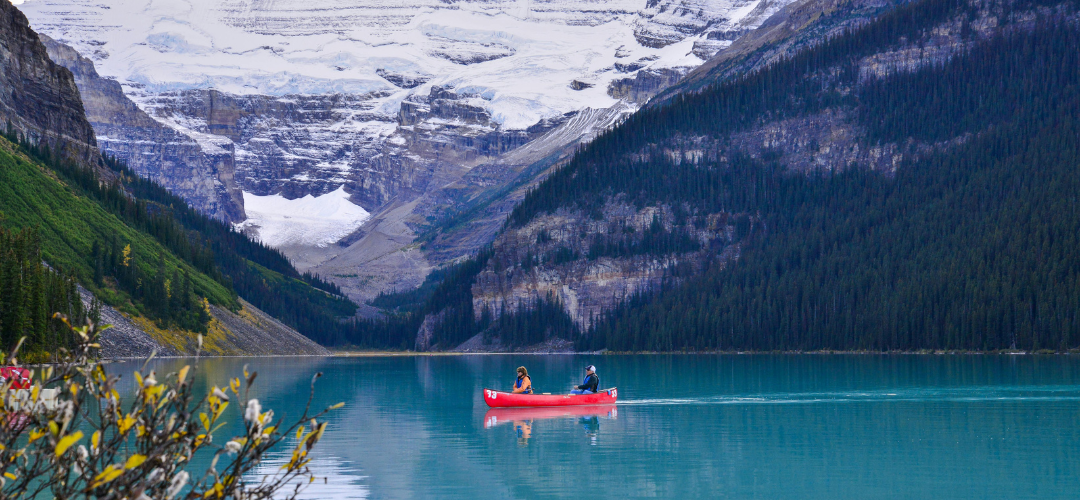As travelers increasingly seek meaningful experiences rather than simple stays, slow tourism is emerging as a major travel trend. This approach, centered on quality, sustainability, and authenticity offers real opportunities for property owners who know how to adapt.
Slow tourism invites us to slow down and fully experience each destination. It’s about prioritizing immersion, connection, and meaning rather than accumulating stops or rushing through short stays.
In practical terms, it means :
For property owners, this shift is no passing fad : it’s a powerful differentiator. Slow travelers are willing to invest in more authentic, responsible, and personal stays.

The growing success of slow tourism is based on several observations:
In France, the travel industry is adapting: slow tourism is now promoted as a way to highlight regions, sustainable mobility, and alternative accommodations.
Slow tourism is growing rapidly on a global scale.
According to the European report Slow Tourism and its Good Practices (Interreg Europe, 2024), this segment is expanding strongly, driven by the rise of sustainable mobility and growing demand for low-impact accommodations.
Environmental awareness is also transforming the professional sector.In the United States, companies are increasingly measuring CO₂ emissions linked to business travel—transportation, meals, and hotel stays. This commitment to transparency is spreading internationally and becoming a standard in non-financial corporate reporting.
Slow tourism isn’t just for boutique hotels—it applies to all types of properties.
What travelers now seek is meaning, coherence, and sustainable comfort rather than ostentatious luxury.
Here’s what that means for you :
Less turnover, more stability:
“Slow” travelers prefer longer stays that allow them to truly experience a destination. Instead of hopping from place to place, they often settle for 4, 7, or even 15 days in one location to explore nearby areas and feel “at home.”
Result: fewer changeovers, more stability, and therefore more predictable profitability.
With OIQIA, the management of your property is fully handled, ensuring consistent and reliable income.
An accommodation aligned with environmental values:
The ecological criterion has become a decisive factor when choosing where to stay.
Travelers mindful of their carbon footprint favor energy-efficient properties, well-located spaces near sustainable transport options, and homes that blend naturally with their surroundings.
They respect the place, seek tranquility, and appreciate accommodations that are genuinely committed to sustainability.
.png)
Slow tourism restores value to the essentials of a place: light, materials, surrounding nature, and comfort become key assets.
A well-maintained, harmonious property anchored in its environment gains attractiveness without major renovations.
A shaded terrace, a peaceful garden, a cozy reading corner, or an open view often suffice to charm this demanding clientele.
OIQIA supports its owners in highlighting the story, ambiance, and setting of their property to meet these new expectations without costly transformations. To make an appointment with an OIQIA advisor: click here.
Slow tourism doesn’t reject comfort it redefines it.
Premium travelers seek warm, elegant, and sincere spaces where they can truly feel at ease and they’re willing to pay for it.
Simplicity, natural materials, light, and high-quality amenities are the new standards of responsible luxury.
True luxury no longer lies in abundance but in the harmony between well-being, authenticity, and values.
.png)
At OIQIA, we support owners to adapt and value their properties in the face of these new expectations.
Our advisors help you reveal the unique potential of your home: its history, its atmosphere, its local roots, while optimizing its profitability and management. To make an appointment with an OIQIA advisor: click here.
To find out more about the latest news in tourism and short-term rentals,
subscribe to our newsletter.
